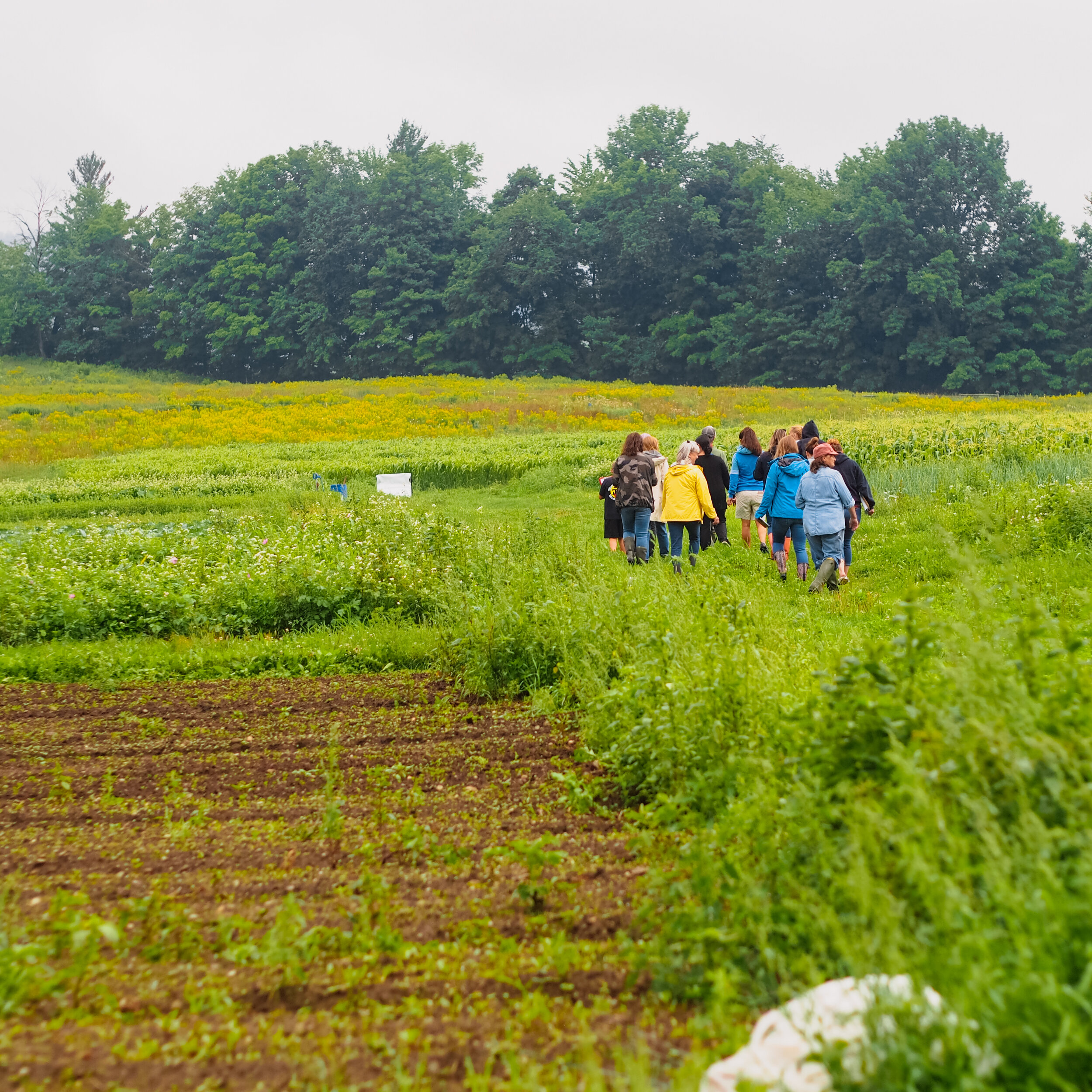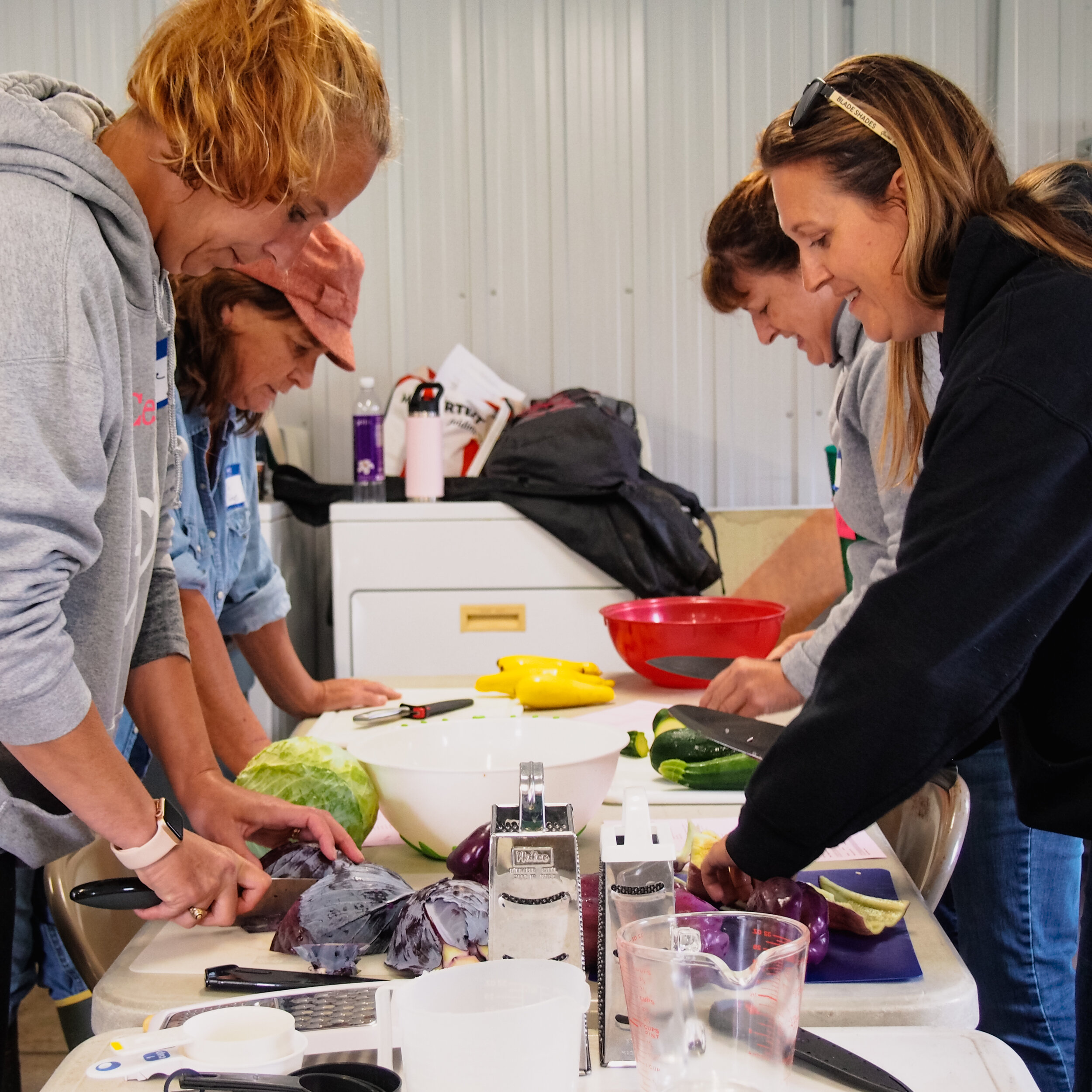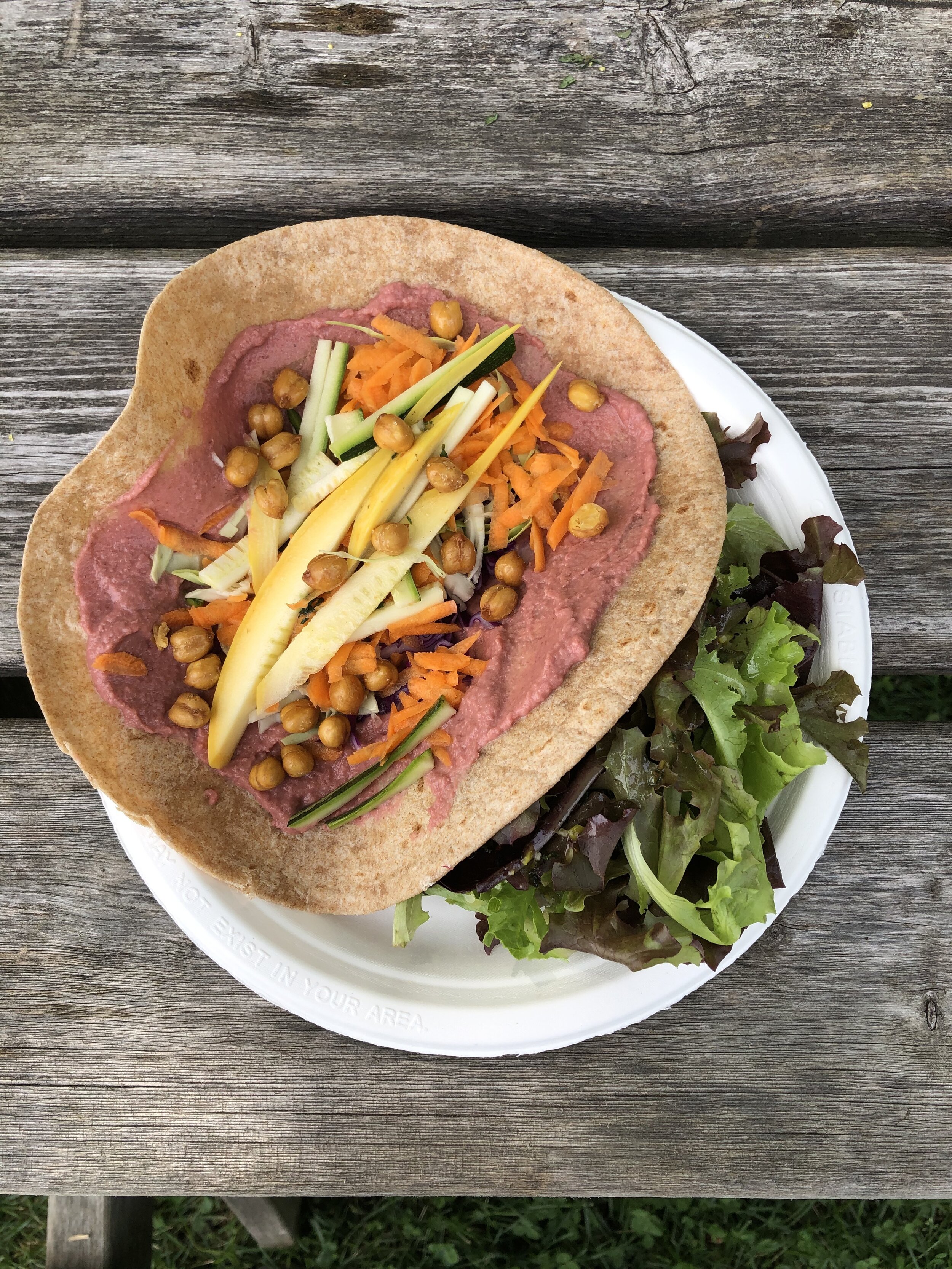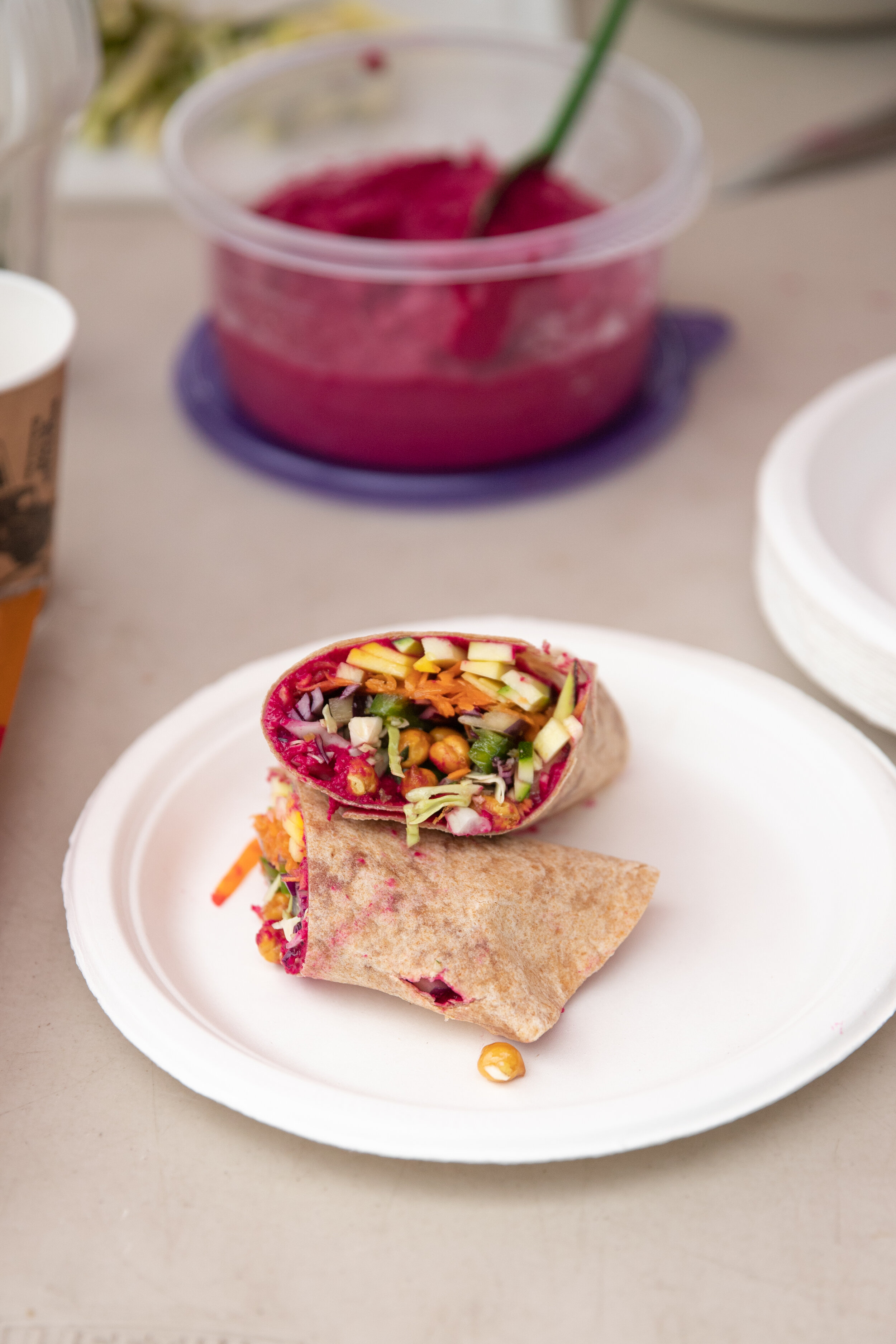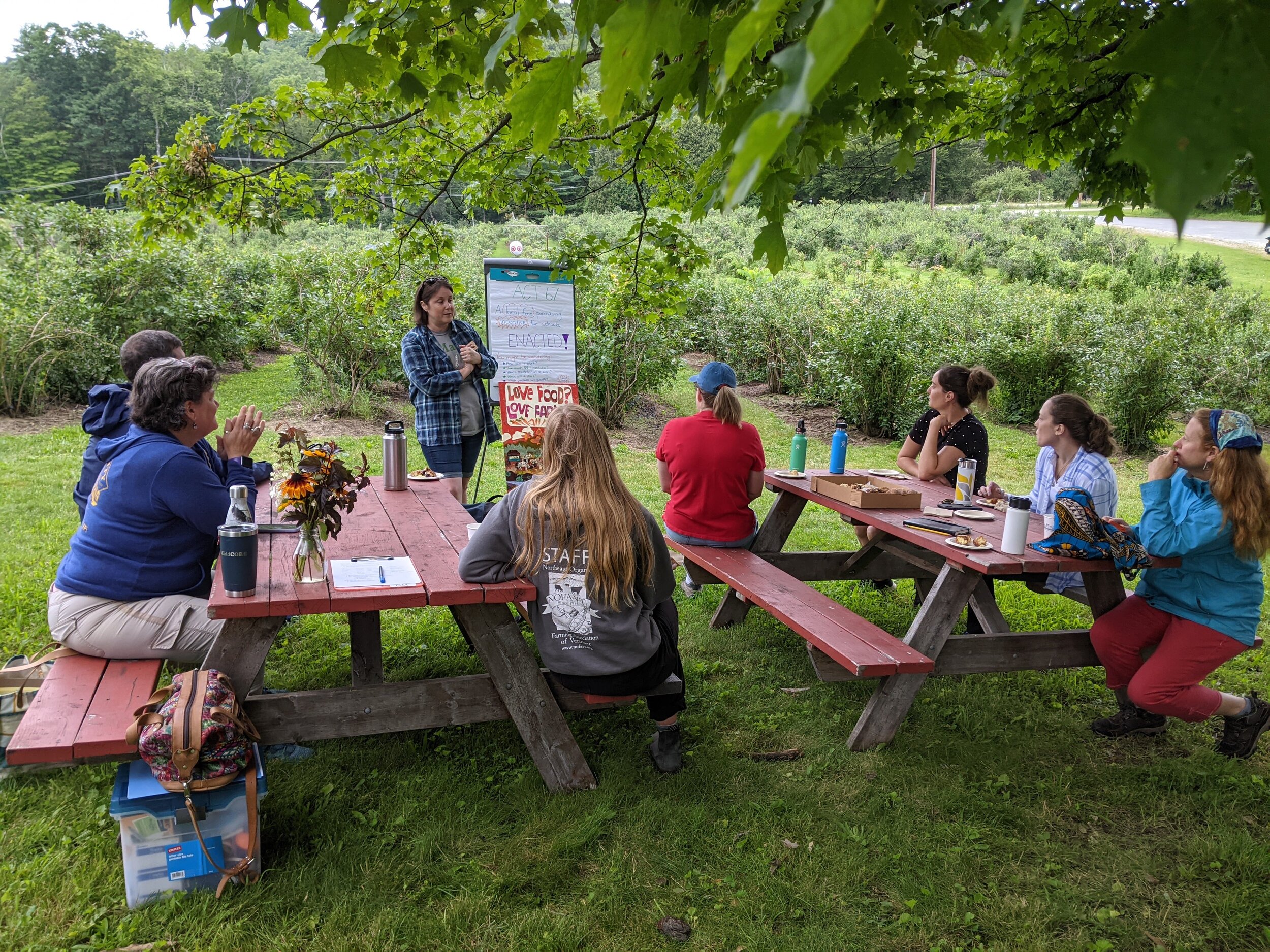Vermont Garden Network’s new SNAP-funded mobile garden classroom is ready to hit the road! They are arranging site visits and workshops around the state for the remainder of the 2022 gardening season. Click here to learn more and view their calendar.
Some example workshops include:
Cooking with Seasonal Vegetables
Nutritional Benefits of Fresh Produce
Food Preservation
Canning
Dehydration
Pickling
Soil Health
Home / School Composting
Soil Amendments
Low Impact Pest Control
Garden Construction
Building ADA-accessible garden beds
Building Compost Bins
Most workshops are around 1-1.5 hours in length. Leading up to each workshop, they will collect details about your possible participants’ previous experiences with these topics, what areas of focus would be most beneficial for your group, and any accessibility needs from participants. This will allow them to tailor the experience to your group and make it as inclusive and informative as possible.
Contact Cedar Schiewetz at cedar@vtgardens.org to further discuss a workshop for your school or community group!



